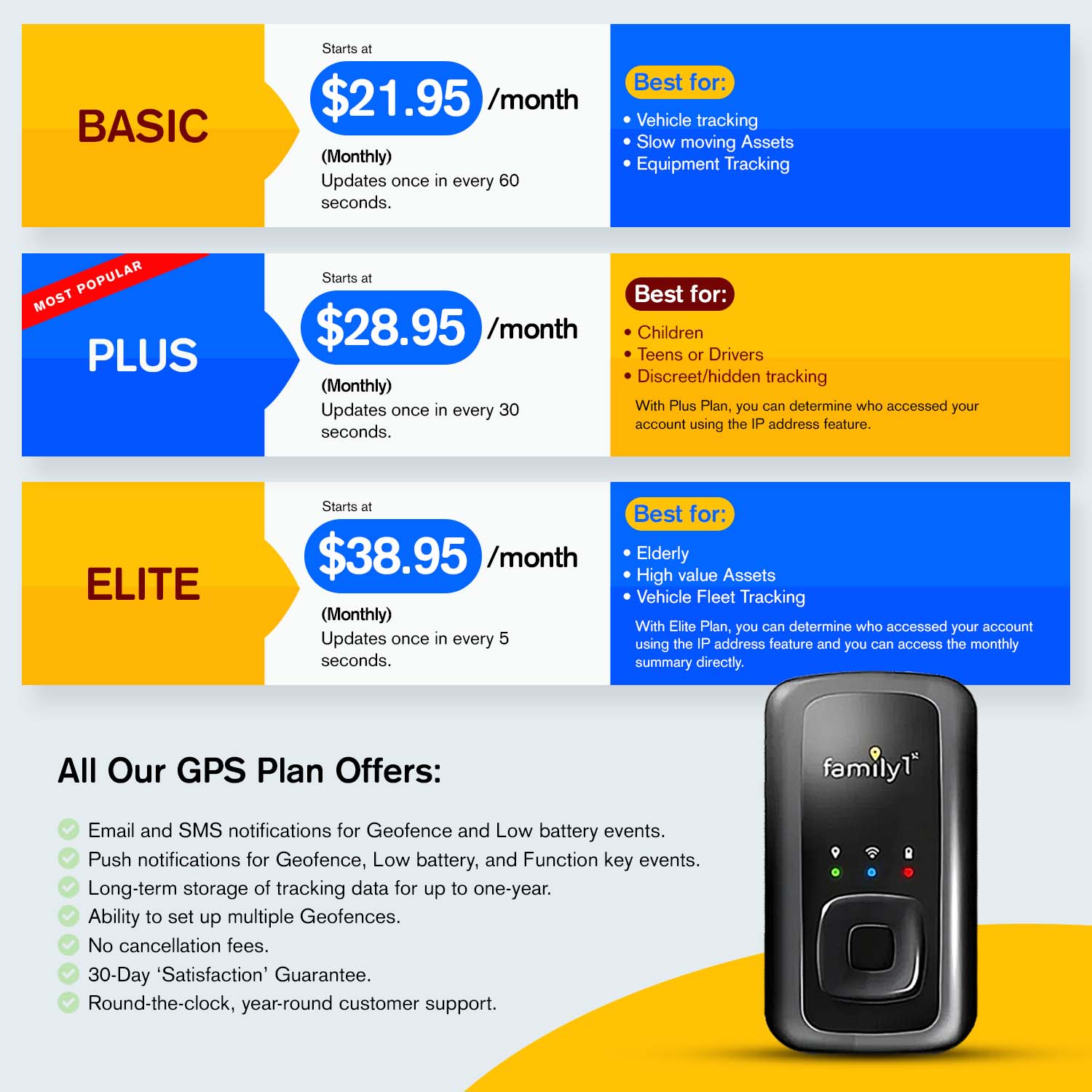An injectable GPS tracker is not possible due to size, power, and signal limitations. Existing alternatives like wearable GPS devices and RFID implants do not offer real-time tracking inside the body.
Future advancements in nanotechnology and wireless power could make it possible, but privacy, security, and ethical concerns remain. Myths about vaccine microchips and government tracking implants are false, and strict regulations would be required before any real use.
What is an Injectable GPS Tracker?
An injectable GPS tracker is a device that, if it existed, would allow real-time location tracking inside the body. It would require a GPS receiver, a power source, and a data transmitter, but current technology cannot miniaturize these components to an injectable size.
No such device is available because GPS trackers need a constant power supply and an external signal, which the human body blocks. Existing implants like RFID chips store data but do not track location in real-time.
Current GPS Tracking Solutions
Wearable GPS Trackers
Smartwatches and fitness trackers have built-in GPS for real-time location tracking. They need a battery and are commonly used for monitoring children, elderly individuals, and pets.
RFID and NFC Implants
RFID and NFC chips store identification data but cannot track real-time location. They are used for pet microchipping, access control, and digital medical records.
Subdermal Microchips
Some implants store personal data and provide authentication for security systems. These chips do not have GPS and require scanning to retrieve information.
Can an Injectable GPS Tracker Exist?
Miniaturization Challenges
A GPS tracker needs a receiver, antenna, battery, and transmitter, all in a tiny injectable size. Current GPS devices are too big for injection, making this impossible.
Power Supply Limitations
GPS tracking requires constant power, which small implants cannot support. Large medical implants use batteries, but injecting them is not practical.
Signal Transmission Issues
GPS signals struggle to pass through skin, muscle, and tissue, reducing accuracy. External antennas help, but they cannot be placed inside the body.
Health and Ethical Concerns
Injected devices could cause immune reactions or health risks. Tracking people without consent raises serious privacy and security issues.
Emerging Technologies That Could Enable Injectable GPS Trackers
Nanotechnology
Smaller GPS receivers and batteries could be possible with miniaturized electronics. Researchers are testing bio-compatible sensors for medical implants.
Wireless Power Transfer
Inductive charging or body-generated energy could remove the need for large batteries. Medical research is exploring self-sustaining implants for continuous operation.
Advanced Signal Processing
Low-power GPS receivers may one day work inside deep tissue. Hybrid tracking methods like Bluetooth-assisted GPS could improve accuracy in implants.
Myths and Conspiracy Theories About Injectable GPS Trackers
The idea of an injectable GPS tracker has been a central theme in conspiracy theories. Some of the most common myths include:
1. "Microchips in Vaccines"
-
The claim that vaccines contain microchips or GPS trackers is scientifically false.
-
No nano-sized tracking devices can function inside a liquid injection.
2. "Government Tracking via Implants"
-
While governments use tracking devices in electronic monitoring, no injectable GPS trackers are used for surveillance.
-
Implantable chips used in pets and livestock do not contain GPS functionality.
3. "Military and Secret GPS Injections"
-
No publicly known military program has successfully developed a functional injectable GPS tracker.
-
Soldiers use wearable GPS devices, not implanted ones.
Future Possibilities and Ethical Considerations
Potential Benefits
Injectable GPS trackers could help locate missing Alzheimer’s patients or high-risk individuals. They could also improve child and pet safety and assist law enforcement in tracking specific individuals.
Potential Risks
Unauthorized tracking could violate privacy and lead to misuse. Long-term health effects are unknown, and cyber threats could expose sensitive location data.
Regulation and Ethics
Strict laws would be needed to prevent abuse and protect privacy. Before this technology exists, researchers must solve major safety, security, and ethical concerns.





